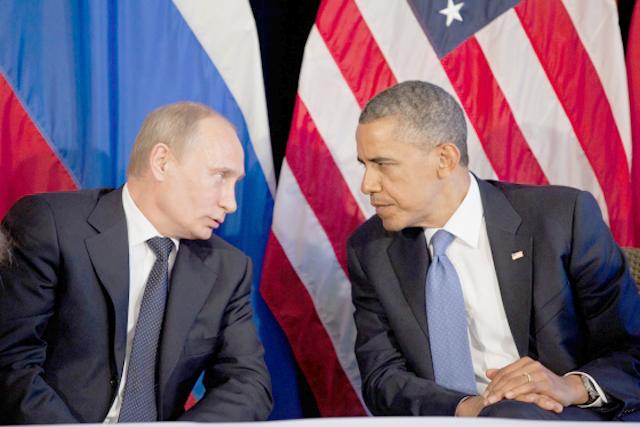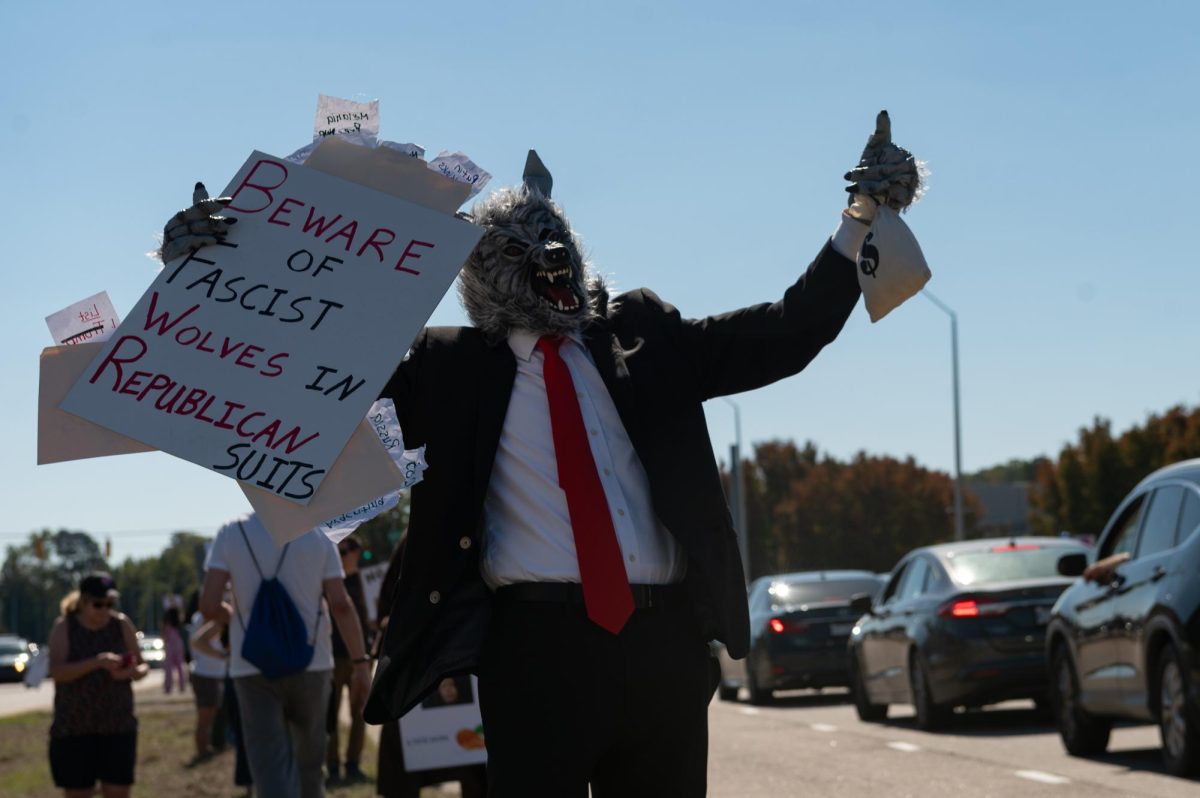On Friday, Dec. 21, Russian President Vladimir Putin signed a bill into law banning all U.S. adoptions of Russian children. The law took effect immediately for all adoptions with paperwork not yet completed by the Russian courts.
In the past two decades, Americans have adopted more than 60,000 orphans from Russia, compared to 7,000 domestic Russian adoptions in recent years, according to The Los Angeles Times.
Some speculate the law is a response to the U.S. in retaliation of President Obama’s signing of the Sergei Magnitsky Act on Dec. 14.
The act is named after Russian accountant and whistleblower, Sergei Magnitsky, who revealed large-scale fraud within the Russian government and was held in a Moscow prison for almost a year. According to Russian law, one cannot be held without a trial for longer than one year – Magnitsky died in prison seven days before his year was complete.
The U.S. law punishes the Russian officials who were involved in Magnitsky’s death by forbidding their entrance into the United States and prohibiting them from using the country’s banking system.
While some believe Putin pushed the law through as a direct response to the Magnitsky Act, the adoption law was introduced and supported in the Russian government, the duma, and passed with a majority of votes before making it to Putin’s desk. But associate professor of history, Gerald Surh, isn’t convinced.
“The idea that they can’t get children adopted in their own country affects their pride,” Surh said. “Most especially that their children were being adopted from the U.S.”
Based on the Cold War rivalry between Russia and the U.S., Surh said Putin is shaping his laws specifically to counter the U.S.
“It’s been a political football,” Surh said. “The Cold War rivalry and the Magnitsky law, it’s a powerful combination.”
In the weeks since Putin’s law was passed, Russian citizens have been in the spotlight, taking to the streets to protest the duma’s decision.
The New York Times reported that thousands of Russian citizens organized a March Against Scoundrels on Sunday, when they carried posters with the word “shame” written on the faces of lawmakers in their country.
“It’s a political issue that should not have been politicized if Putin had the children in mind,” Surh said. “It’s obviously a better deal for the children to be able to be adopted by U.S. families.”
Lada Kochtcheeva, Russian native and assistant professor of public and international affairs, said the issue is not that simple.
“Russian society is divided on the issue, and based on my research the majority of Russians are in favor of the law,” Kochtcheeva said. “The Western media is covering the protests because they are more sensational, but if you also look at the reaction to what is going on in duma, you see a lot of Russians actually support the law.”
Kochtcheeva said she keeps up with the Russian media and social media sites, and they reflect a different story.
“Many people are saying this Russian law isn’t a reaction of Putin himself or a reaction to the Magnitsky law,”
Kochtcheeva said. “This is a reaction to the cases of death or injury of some adopted kids and how it was treated.”
Kochtcheeva said that Putin feels many Americans are kind, good parents, but the way the tragic accidents that occurred were processed in the system between Russia and the U.S. is not satisfactory.
According to Psychology of Orphans by Russian author, Ludmila Shipitsyna, the official number of orphans in Russia was at 699,200 at the end of 2004. Current numbers for the country’s orphan population vary, but some police reports indicate the number to have spiked to 2.5 million, according to bigfamilyministry.org.
It remains to be seen whether this new law will, in fact, be in these children’s best interest.





